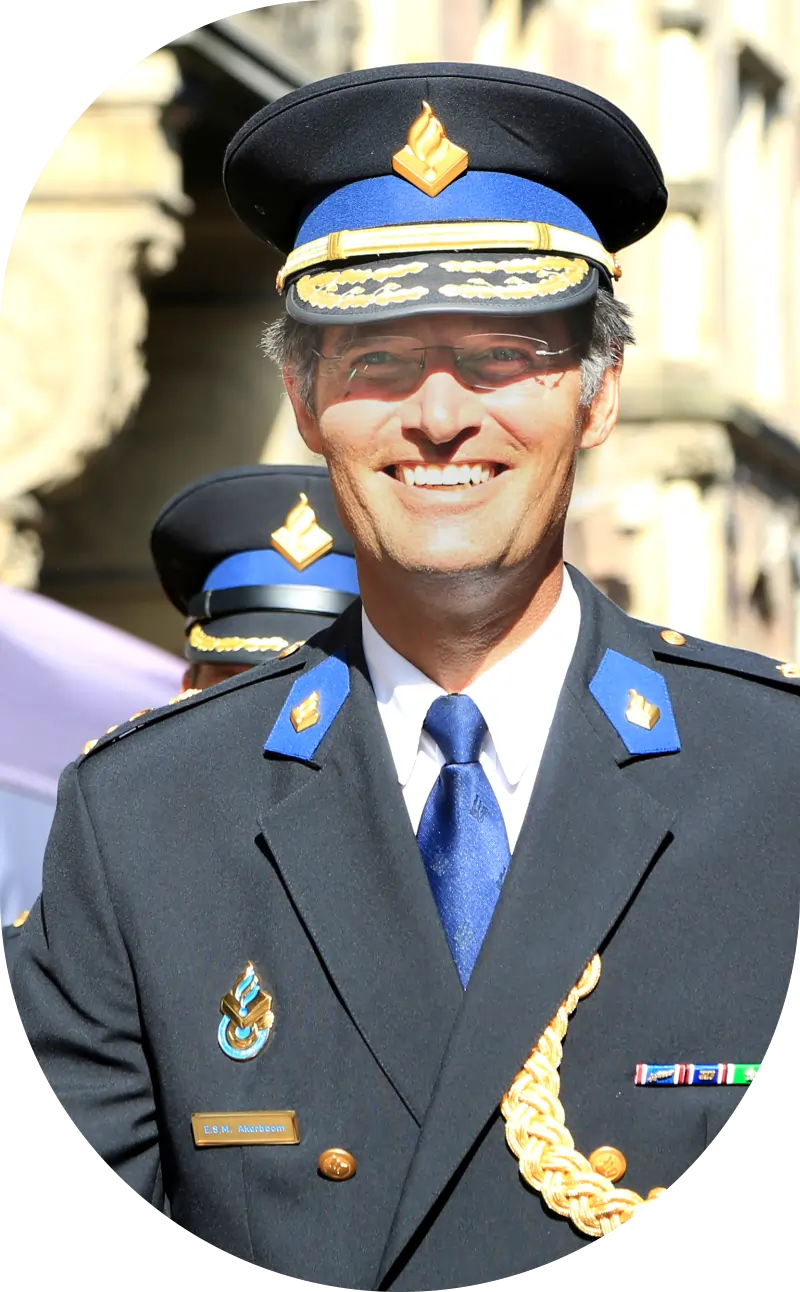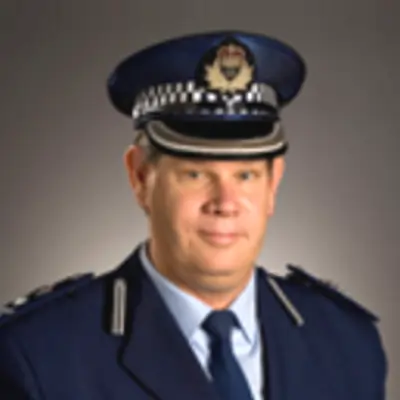Professor Grant Pitman is the president of the Global Leadership Institute. He has held senior leadership roles in government such as Chief Superintendent of Police and Director of Strategic Planning ICT in the Queensland Police Service;
- Varied list of contributions to law enforcement, including disaster management, auditing and finance, organizational reform, education and human resources, and policy development
- National, state, and regional levels of professional service, including the Ipswich Economic Forum, the Brisbane Airport Emergency Planning Committee, the National Emergency Communications Working Group, the National Police Drug and Alcohol Task Force, and the Police Education Advisory Council.
He has a Ph.D. and Master of Administration from Griffith University. He is a well-versed researcher and has published numerous articles and journals.







